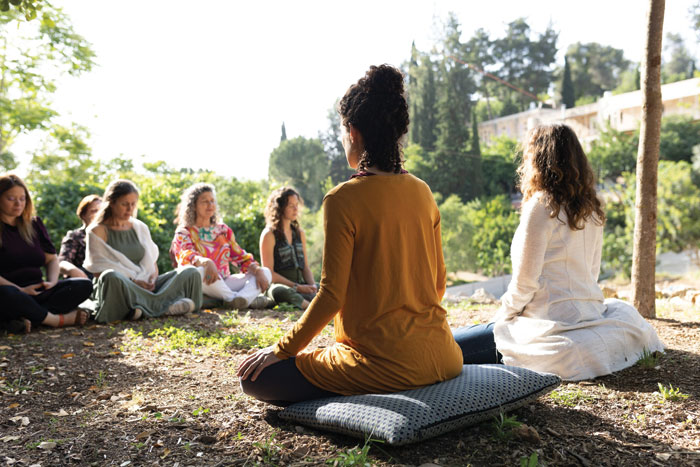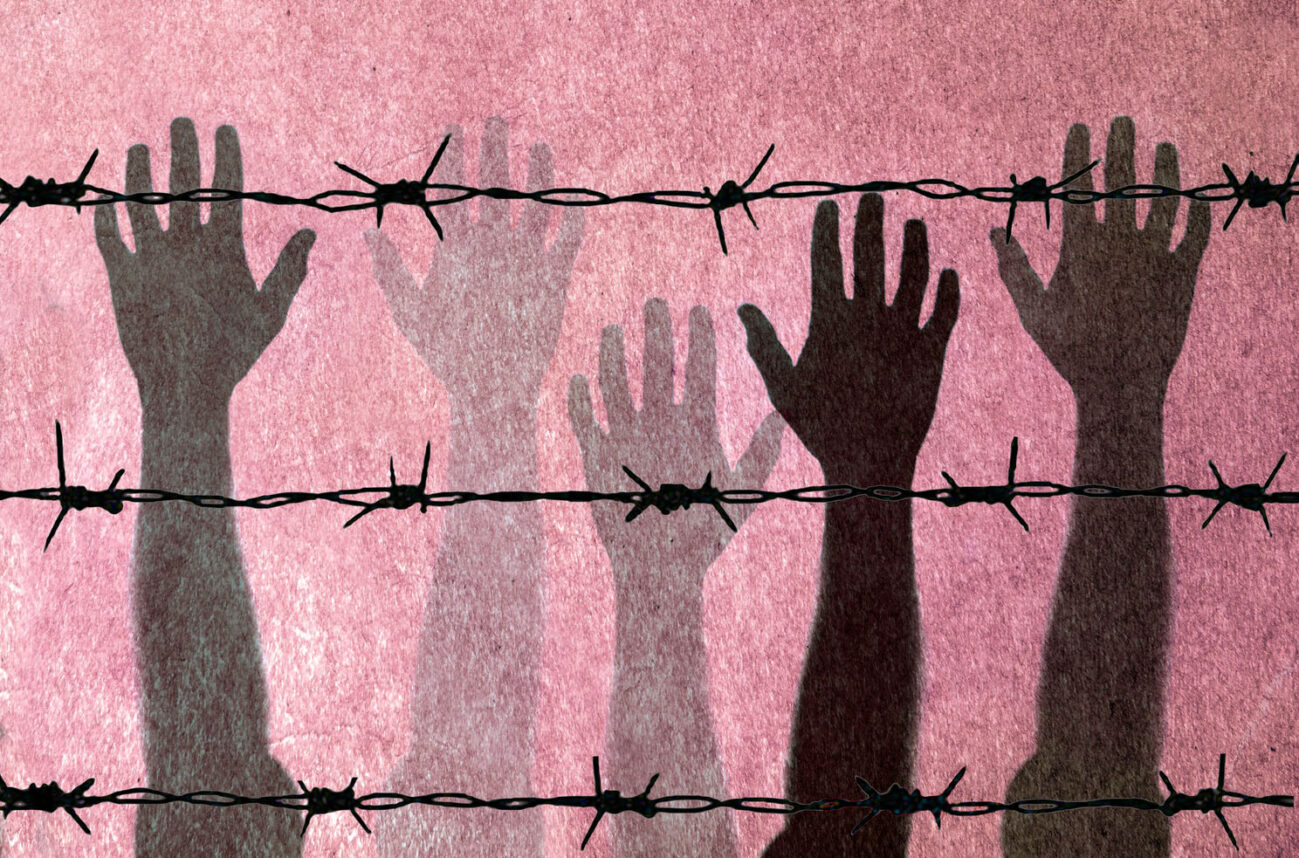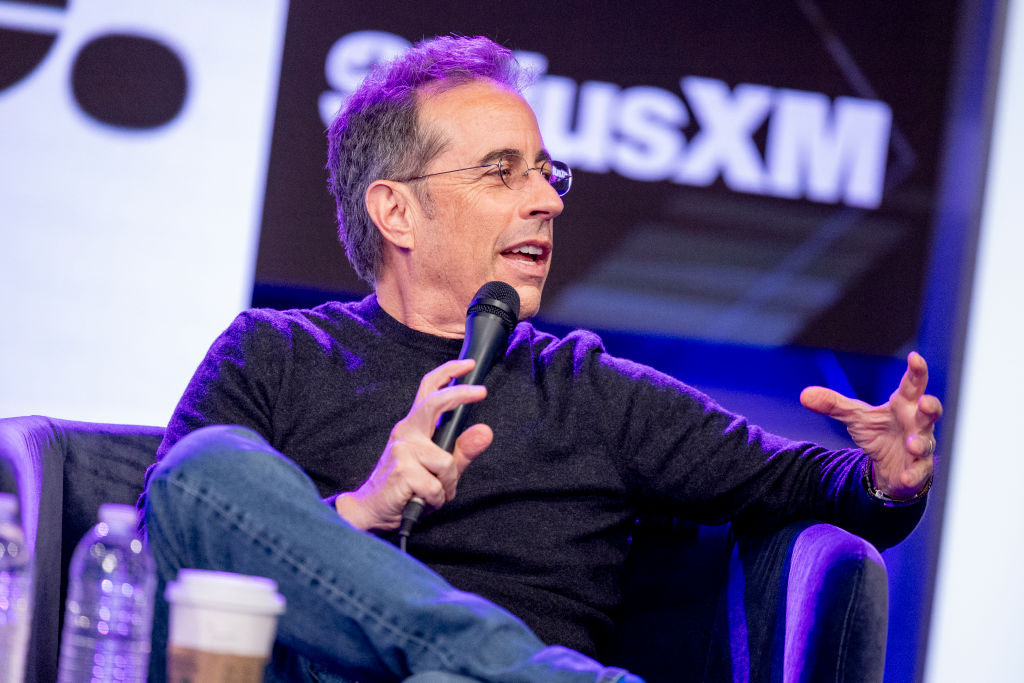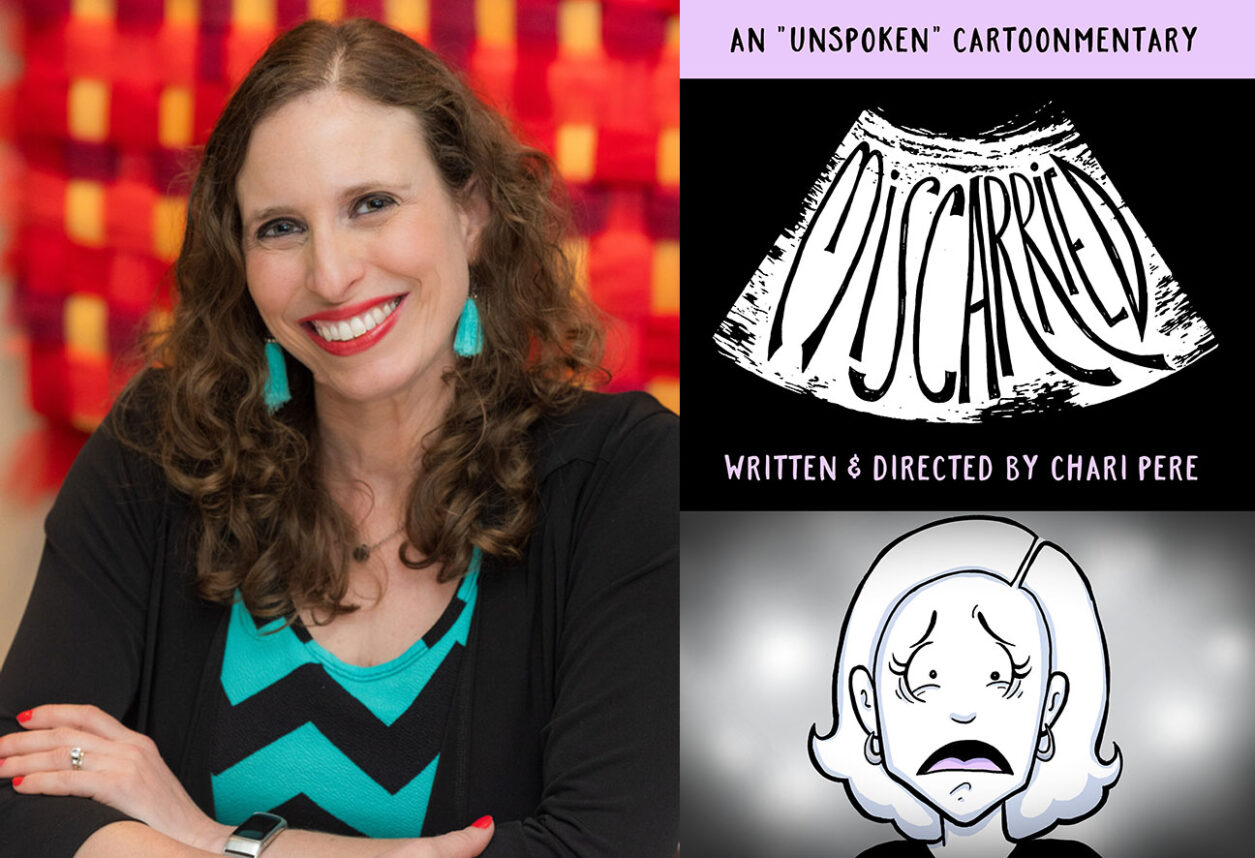A prominent Jewish organization wants to turn the mostly barren desert that is the Negev into a string of tree-lined, thriving communities dotted with verdant parks, flowering fields and pristine waterways.
The Jewish National Fund (JNF), a nonprofit group that has served as caretaker of Israeli land for more than a century, hopes to oversee the transformation of a mostly arid region that comprises 60 percent of the Jewish state’s land but only 8 percent of the population into a magnet for Jewish families, replete with commerce, housing and cultural centers. Parts of the Negev will bloom, both figuratively and literally, as recycled and reclaimed water fills new reservoirs and replenishes dry riverbeds to help communities sprout up where now there is only sand.
Blueprint for the Negev: The Vision for 21st Century Israel, an ambitious $500 million project, was unveiled Oct. 17 at a major JNF conference in Los Angeles. The plan calls for increasing the number of Jews in the region by 250,000 in five years and by 500,000 in a decade, partly to check the high birthrate among the area’s Bedouins. With Israel’s population expected to double in two decades and congestion increasing, now is the time to develop the arid 4,600-square-mile Negev, supporters said.
“We want to develop the Negev in the spirit of [modern-day Zionism founder] Theodore Herzl and with the vision of [Israel’s first Prime Minister] David Ben-Gurion,” JNF President Ronald S. Lauder said in his keynote address.
A booming Negev could also serve as a safety valve of sorts for displaced settlers from the Gaza Strip and West Bank, as well as new olim, or Jewish immigrants to Israel, supporters said. Also, JNF’s vision for the Negev might resonate with Jewish and other donors by promoting a more positive image of Israel.
But they concede that the Negev has yet to realize its potential. The confluence of several forces, however, could make this the propitious moment to turn Ben-Gurion’s dream into a reality, said Zvi Vapni, deputy counsel general of the Israeli consulate in Los Angeles.
Israelis in search of better air, more affordable housing and elbow room might finally give the Negev a chance, he said. Improved train service and a north-south highway now under construction could turn parts of the Negev into bedroom communities for Jerusalem and Tel Aviv, Vapni added.
At the same time, JNF officials said improvements in water reclamation and recycling have made it easier to sustain large-scale development in the region.
“In many ways, the future of Israel is in the Negev,” Vapni said.
Indeed it is, said Ra’anan Gissin, senior adviser to Israeli Prime Minister Ariel Sharon.
The Negev might serve as the future home for 8,000 displaced settlers from the Gaza, Gissin said. The government has such high hopes for the Negev that it plans to push the Knesset to offer incentives to settlers choosing to relocate there.
“In one area, we’re dismantling and in another we’re expanding,” Gissin said. “I think developing the Negev would bring a new direction, a rejuvenation to Zionism.”
However, some observers worry that JNF’s plan could further diminish the quality of life for the Negev’s nearly 200,000 Bedouins, who already suffer from high unemployment, low education levels and poor health care.
David Lehrer, director of the Arava Institute for Environmental Studies in the Negev, said he has suggested that JNF and other nongovernmental agencies make a financial and social investment in the Bedouin community to help them address such problems as poverty, joblessness and women’s rights. Lehrer said he feared the Negev initiative might exacerbate tensions between Jews and Bedouins by displacing the Arabs from land they traditionally live on and pushing them into impoverished settlements.
“We must stop looking at the Bedouin as the enemy but as citizens of the Jewish state of Israel and our partners in building a strong and healthy Negev,” Lehrer said.
JNF executives said the Negev’s development would benefit Bedouins by sparking regional economic growth.
As envisioned, major development in the Negev would take place around two hub cities, the region’s capital of Beersheba and Eilat. Among other things, JNF’s Negev initiative calls for:
\n
• Recycling Beersheba’s waste water and sending it down a now-dry, foul-smelling riverbed to promote tourism and riverfront development. With clean water running throughout the city, JNF hopes to boost Beersheba’s population by 50 percent to 300,000. The cost: $25 million over five years.
\n
• Establish seven new communities within a 15- to 30-minute drive from Beersheba. The largest would have up to 2,500 homes. Work has already started on six communities. The cost: $75 million.
\n
• Rebuild and expand a central park and develop a water recycling reservoir to revive a dry riverbed in Ofakim, a small town with 27,000 residents and a 45 percent unemployment rate. The cost: $10 million.
\n
• Create a JNF economic development fund to co-sign loans making it possible for Negev home buyers to receive 100 percent mortgage financing. Typically, Israelis can borrow no more than $65,000 for housing, even though homes go for $125,000 to $150,000, according to JNF. The development fund cost: $5 million.
“For years, the Jewish community has been raising money to fight terrorism, wars and other crises,” JNF Chief Executive Russell Robinson said. “This [blueprint] is a tangible way for Jews to connect with Israel. It’s a great, positive vision for Israel that gives the Jewish people the hope and spirit that sort of brings us back to the future.”
To be sure, talk of developing the Negev has been around probably as long as the Jewish state itself. However, past efforts have fallen short because many Israelis viewed the region as a cultural backwater, far removed from Israel’s cosmopolitan cities of Jerusalem and Tel Aviv.
Poor roads and slow train service physically isolated the Negev. The expense and difficulty of bringing water there made it enticing to only the hardiest of souls.
That’s not to say growth and modernity have completely bypassed the Negev. Under JNF’s auspices, farming throughout the region has boomed, partly because of land purchases and irrigation and water reclamation projects. Beersheba, once little more than a desert outpost, today thrives with a population of 200,000, a world-class center of higher education in Ben-Gurion University of the Negev and one of Israel’s best hospitals, Soroka.
Ofir Fisher has personally experienced the rejuvenation that comes with taming the desert. Five years ago, the rugged 28-year-old and six friends founded a new community in the Negev called Sansana.
They did so for the idealistic purpose of promoting growth in the region, a place where $150,000 buys a dream house instead of a tiny three-bedroom apartment in Tel Aviv, Fisher said. Today, Sansana has 250 residents and is growing.
Fisher, a board member of Or Movement — a nonprofit advocacy group that works with JNF to support development in the Negev and Galilee — said his and other Negev settlers’ efforts have slowly helped burnish the area’s image.
“There’s a new spirit in Israel,” Fisher said. “People are starting to talk about the Negev.”
But even he conceded that some Israelis continue to think of the place as some sort of nowhere-land, good for little more than hiking.
To change those attitudes, JNF plans to bring 10,000 families to the Negev this Passover to “see for themselves, to let them feel what it will be like to be 21st century pioneers,” JNF President Lauder said.
In the Southland, Jewish support for the Negev initiative might resonate with affluent parts of the local community more than past appeals for Israel, said David Frank, president of JNF’s Greater Los Angeles region.
Whereas many Hollywood liberals have balked at supporting the Jewish state, lest their donations go toward supporting the occupation, they would likely open up their wallets to help relocate settlers from occupied Gaza to Israeli land in the Negev.
“A lot of people who have money in this town are in the entertainment business and don’t respond to some Israeli issues related to security,” Frank said. “But when they hear that we’re developing land and moving people there to help make peace, I think they’ll be quite excited.”






















 More news and opinions than at a Shabbat dinner, right in your inbox.
More news and opinions than at a Shabbat dinner, right in your inbox.